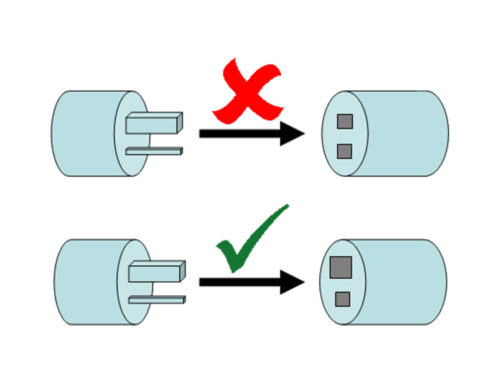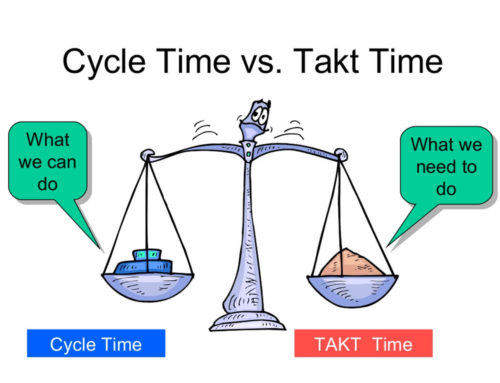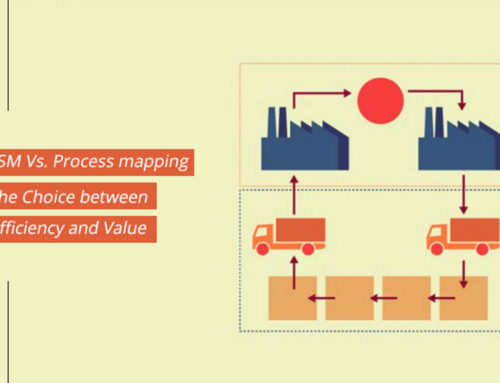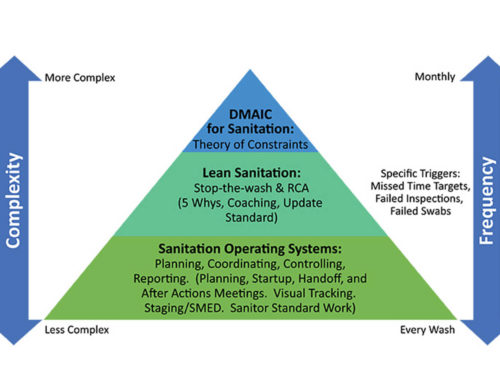Introduction:
The word jidoka (also written jidouka or jidohka) is used for automation. Jidoka has significance in the food industry and food businesses as it is the customer-based area. The reason is that the number of customers are handled by a food business for a specific time is so excessive that it needs automation in the processes. The traditional manual systems are ineffective based on the current customer base.
Food business processes:
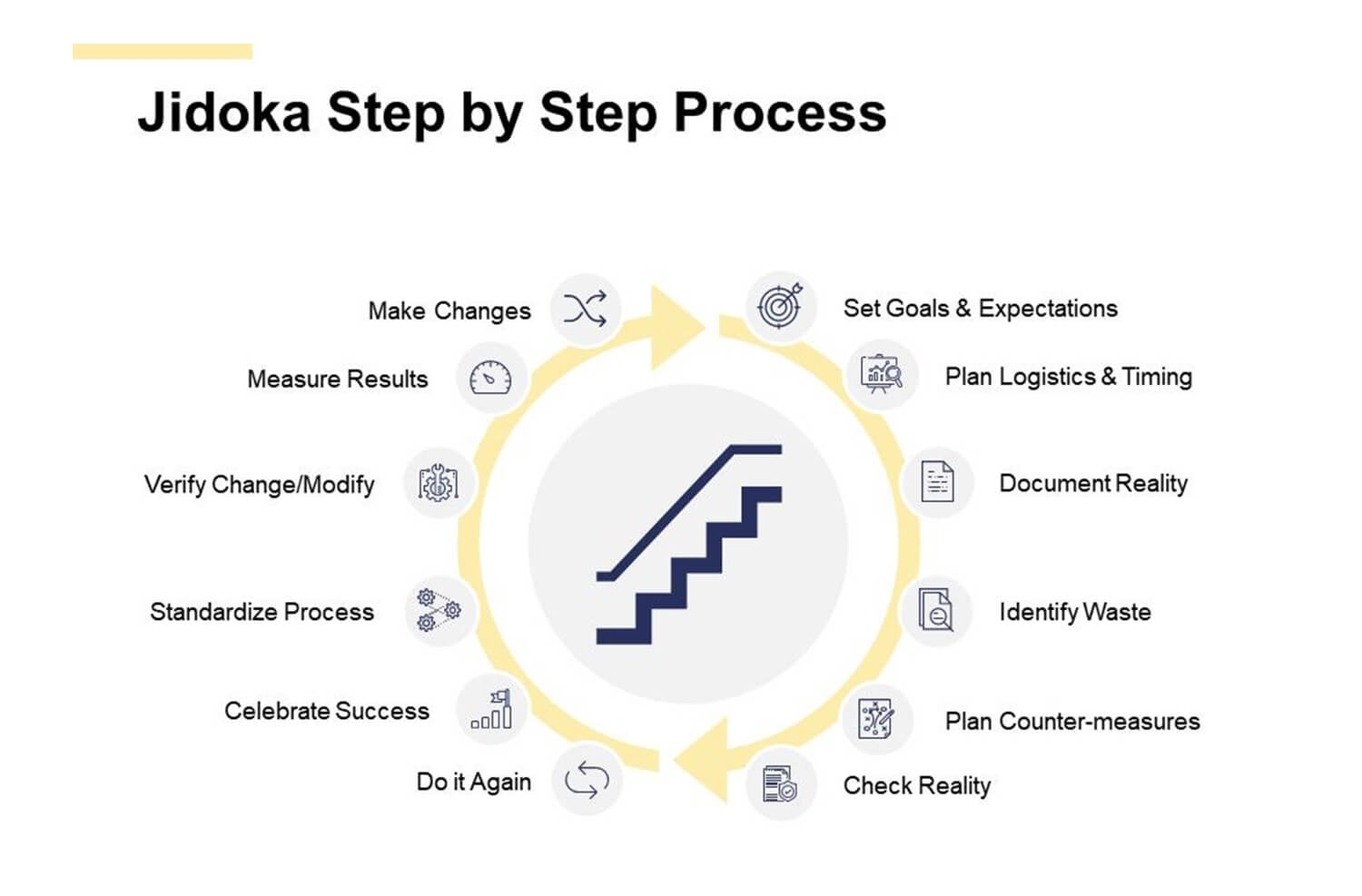 To highlight the Food business processes automation, we can divide the processes into two broad categories:
To highlight the Food business processes automation, we can divide the processes into two broad categories:
Backstage activities: Backstage activities are those which are performed away from the customer’s sight. It is sometimes essential that customers don’t see these activities as they eliminate the element of surprise, e.g., a restaurant is just like a circus and the waiters/servers are the clowns which do every possible effort to entertain the audience and that audience is the customers. The main backstage activities include:
- Procurement of raw materials.
- Food menu settlement.
- Cooking/preparing food.
- Analysis of the type of audience.
- Quality assurance.
- Disturbance management.
- Maintaining the backup.
- Onstage activities:
The onstage activities include a series of processes that either customer can see or get engaged with. These activities are meant to enhance the customer experience. Like the clowns trying to entertain the audience, onstage restaurant activities must be aligned to delight the customers. The main onstage activities include:
- Customer service.
- Ambiance management.
- Customer engagement.
- Complimentary effects like music, aroma, etc.
Implementation of Jidoka in the food business:
The implementation of Jidoka in the food industry brings about a dramatic change in a food business’s productivity and performance. The activities are integrated in a way that minimum efforts can provide optimum results. The process of automation or smart automation is a pre-requisite for quality in many ways:
- Procurement of raw materials:
The procurement of raw materials can be automated by introducing inventory management methods that give alerts of short items and items that are present in access. Furthermore, it also provides information about which items to use early as they are near to expiry.
- Food preparation/cooking:
The food preparation/cooking is the primary task of any food business. Jidoka can be significant in this process; some foods can be half-cooked so they can be used when an order is generated. Jidoka can track the number of half-cooked meals present and automatically generates the request as per their ordering. It also helps the food chain to predict the priority items for manufacturing.
- Customer Service:
Customer service is the core of the food business. The customer service can be automated so that the ordering process can be remote, i.e., the customers could order from their homes, offices, and even from their table of the restaurant in which they are sitting through remote devices present on restaurant tables.
The implementation of Jidoka in Food factories/ industries
- The food factories have to manage stock levels for the products to run an efficient sales system. At the same time, Jidoka helps to optimize the storage levels and inventory management systems like “last in first out” and “first in first out.”
- The food factories tend to automate the selling process through management software that helps the food factory set and analyze key performance indicators e.g. productivity and profitability.
The current landscape of Jidoka!
The food industry’s current scenario has evolved; the food businesses are shifting from Business to customer (B2C) and Business to business (B2B) models to customer to customer models. This scenario revolves around the concept of Jidoka for automation.
Automation mechanism:
- In customer to customer business model, the principal firm has contracts with many Food businesses that agreed to register as an online selling business. The principle firm takes the menus of these foods business and share them on their application and website.
- The customers can access the various variety of foods in one click. The top company has automated the ordering process and only focuses on delivery operations.
- The core competency of the principle company is the price factor that it controls through economies of scale, i.e., the price of a meal at the top firm’s website or application is low, even lower than the price at the restaurant itself, which produces the
- The benefit of automation is that the top company has no warehouse to store the food and the delivery staff takes the food from the restaurant directly to the customer.
Conclusion:
Jidoka is a vital element of success and a game-changer in the Food business and manufacturing. Its significance is even more highlighted from the fact of increasing food demand and customer base. Automation helps to serve the growing customer base, but it is also vital to minimize the labor efforts and ensure both efficiency and effectiveness. This makes Jidoka a critical element for the Food business and food industry.


